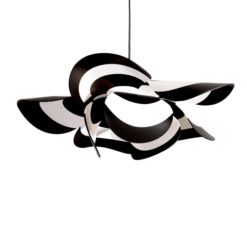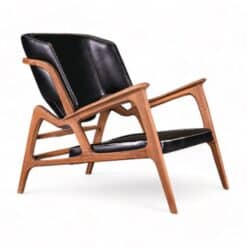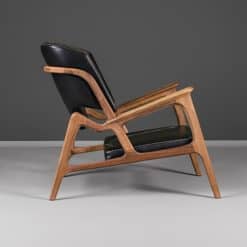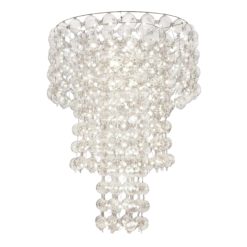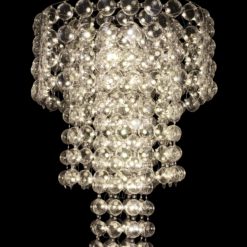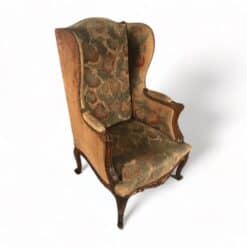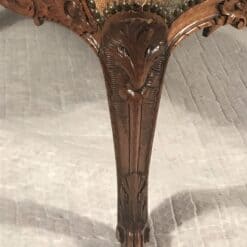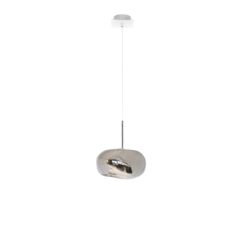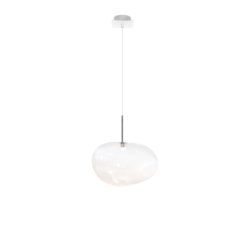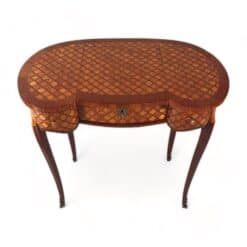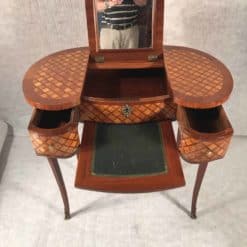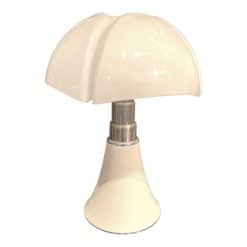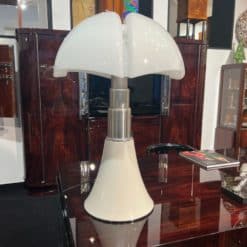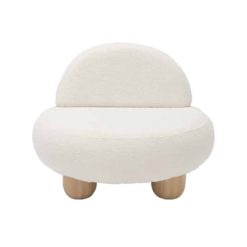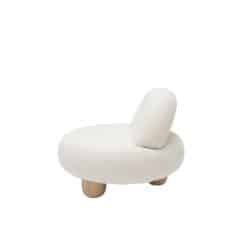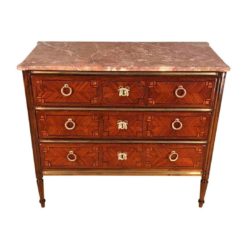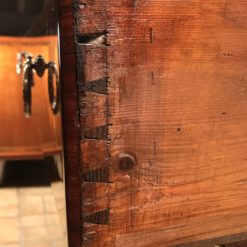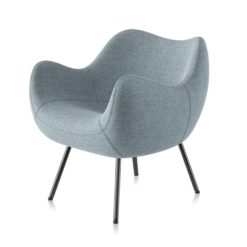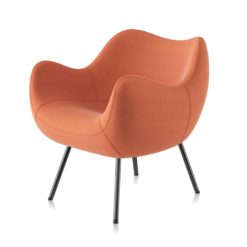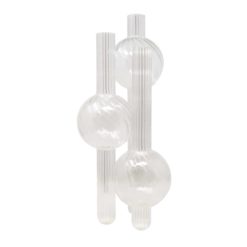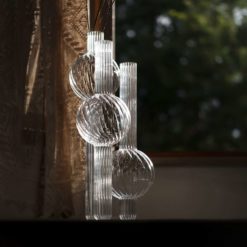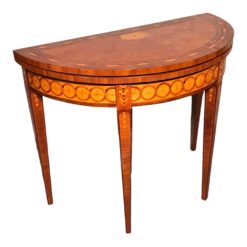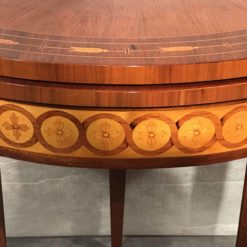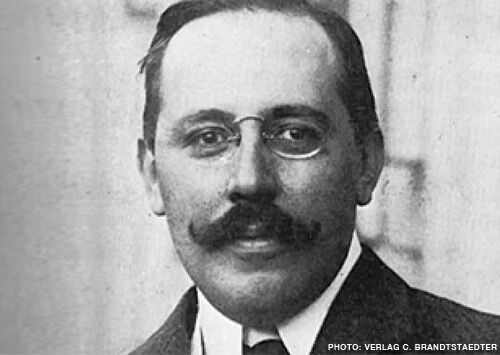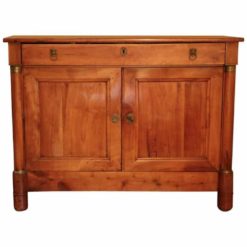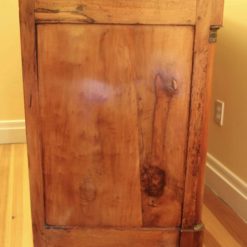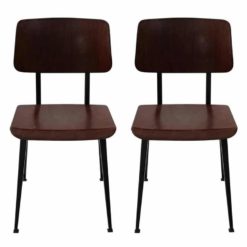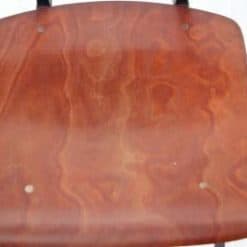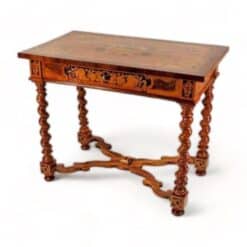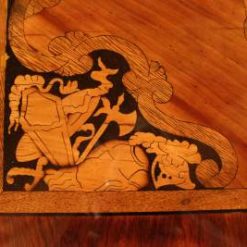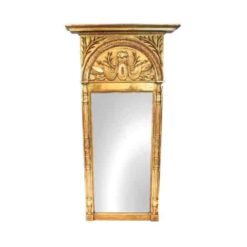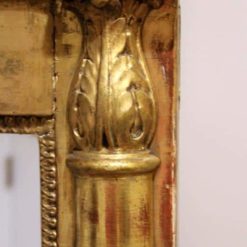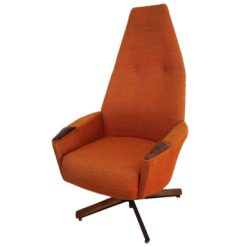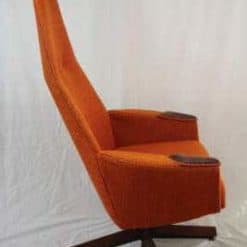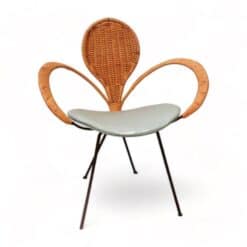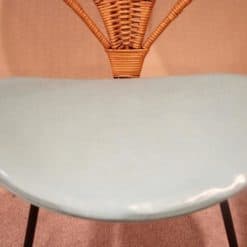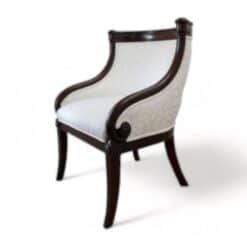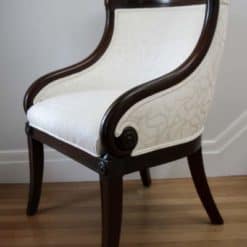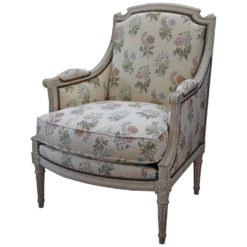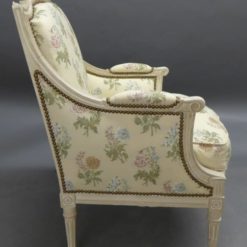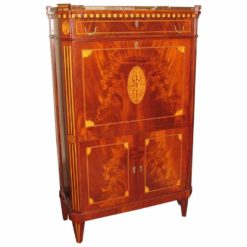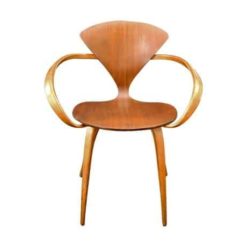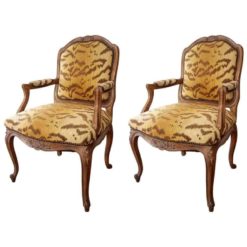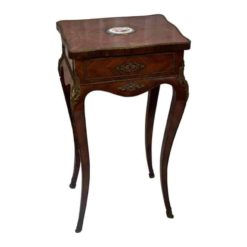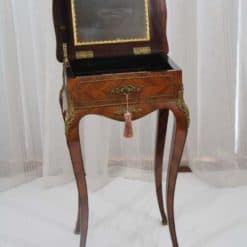Best Sellers
Featured Designers
Josef Hoffmann (1870-1956), Designer in Austria
Josef Hoffmann (1870-1956)
Josef Hoffmann was born in 1870, in the town of Brtnice, Austria-Hungary. His father sent him to a prestigious school, in the hopes that he would become a lawyer, but Josef was very unhappy there. This caused him to transfer to the Higher School of Arts and Crafts in Brno in 1887. He graduated in 1891, and soon after began his studies at the Academy of Fine Arts in Vienna.
Vienna Secession
After completing his studies, Josef Hoffmann joined his former teacher Otto Wagner’s architectural firm. Soon after, he joined a new architectural movement which was founded by Wagner, Gustav Klimt and other significant Austrian artists. The movement, known as the Vienna Secession, was a reaction to the conservatism of the artistic institutions of the time, and a literal secession from those institutions. It criticized unnecessary ornamentation, and called for the use of styles that fit with the site and its surroundings. The movement ushered in a new era for Austrian art, allowing the Art Nouveau style to flourish.
Wiener Werkstätte
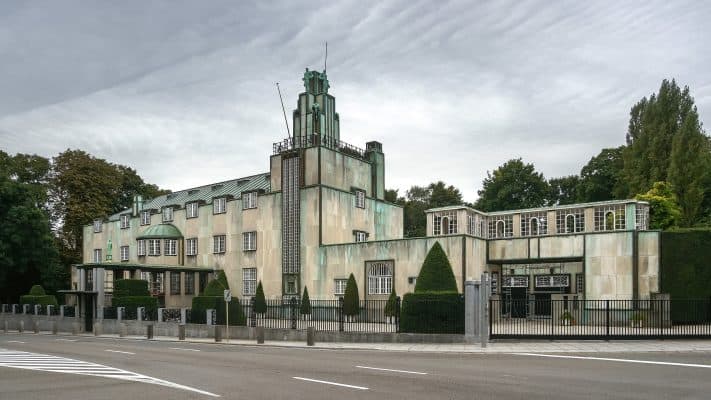
In 1903, Josef Hoffmann founded the Wiener Werkstätte, which brought together many different artists and craftsmen in order to create all the components of a work of art, called the Gesamtkunstwerk. Thereby, he became involved in many facets of design, including architecture, furniture, glass and metal work, dishes, lamps, and textiles. The Werkstätte designed quite a few buildings, including the Purkersdorf Sanatorium, and the Stoclet Palace in Brussels. Both buildings were Gesamtkuntswerke, meaning that they were completely designed by the Werkstätte, including their furnishings and interiors.
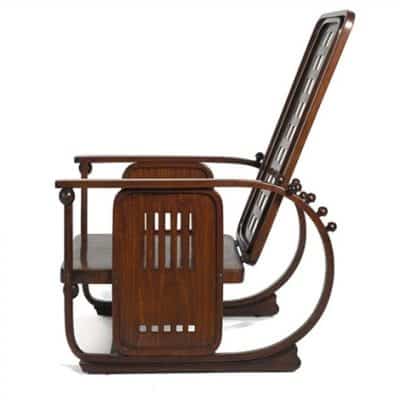
Hoffmann used a lot of squares and cubes in his designs. Over time, his work became increasingly limited to functional and domestic products, as his style became more sober and abstract. Some of Hoffman’s designs, such as the Sitzmaschine chair are on display in the Museum of Modern Art in New York.

